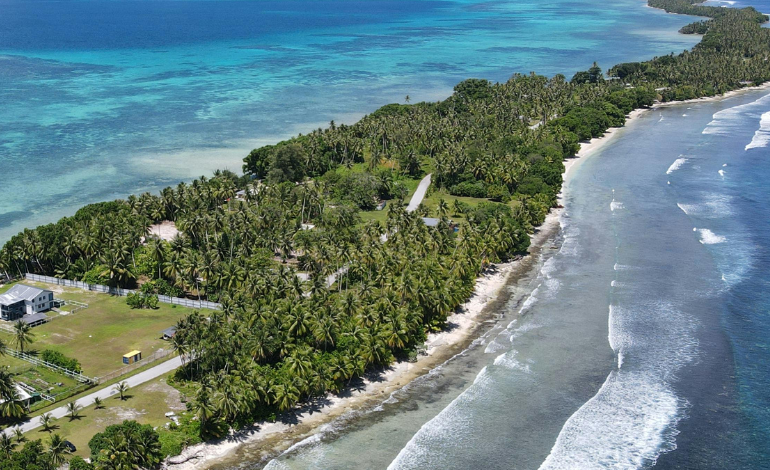Kiribati’s economy is beginning to show signs of recovery in 2025, as the Pacific Island nation leverages infrastructure investment, tourism revival, and a renewed focus on governance reforms to stabilise its economic outlook. Following several years of sluggish performance and external shocks, the latest economic update suggests a gradual but encouraging improvement in key sectors.
 The rebound is largely driven by public infrastructure projects, many of which are supported by bilateral aid and multilateral funding partners. Major undertakings include road upgrades, seawall construction, airport rehabilitation, and investments in the country’s inter-island transport system—critical infrastructure for a nation spread across 33 atolls and islands scattered over 3.5 million square kilometres of ocean. These capital works have stimulated domestic employment, created demand for local services, and laid the groundwork for longer-term economic resilience.
The rebound is largely driven by public infrastructure projects, many of which are supported by bilateral aid and multilateral funding partners. Major undertakings include road upgrades, seawall construction, airport rehabilitation, and investments in the country’s inter-island transport system—critical infrastructure for a nation spread across 33 atolls and islands scattered over 3.5 million square kilometres of ocean. These capital works have stimulated domestic employment, created demand for local services, and laid the groundwork for longer-term economic resilience.
Simultaneously, tourism is making a tentative comeback, especially on Kiritimati (Christmas Island), Kiribati’s primary tourism destination. A marked increase in visitor arrivals in the first half of 2025—fuelled by targeted marketing campaigns and improved air connectivity—is helping to inject foreign exchange into the economy and revitalise small business operators in the accommodation, food, and cultural sectors.
However, economic recovery in Kiribati isn’t just about projects—it’s also about policy reform. The government has implemented a series of anti-corruption measures aimed at strengthening transparency and improving investor confidence. New laws targeting procurement practices, whistle blower protection, and public financial reporting are part of a broader push to ensure aid and domestic revenues are used effectively and fairly.
The anti-corruption drive has received support from international development partners and civil society groups, who see transparent governance as essential to sustainable development. With Kiribati’s economy heavily reliant on overseas assistance and fisheries revenues, improved fiscal management and trust in public institutions are critical to unlocking new investment and long-term growth.
While the road ahead remains challenging—particularly given the existential threat of climate change and the geographic isolation of many communities—Kiribati’s focus on infrastructure, tourism, and good governance offers a promising path forward. As the country repositions itself in a changing Pacific, these combined efforts signal a measured but determined approach to economic recovery and self-reliance.



